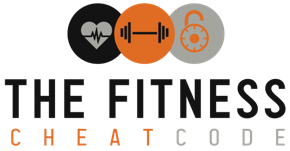Protein bro.
By James Tsitas on 23 February 2021
Protein
Protein, carbohydrate and fat are the 3 major foodstuffs. Protein and carbohydrate each have 4.0 calories per gram, whilst fat has 8.9 cals/g. For positive alterations in the body, protein is said to be the most important macronutrient in the body (1). Protein is rarely stored as fat. This is proven by research conducted by Antonio, et al. (1), who showed that when the participants in his study consumed 5.5x the recommended daily intake of protein, they did not increase their body fat mass.
The participants also didn’t increase the amount of training they were doing. In contrast, increasing either carbohydrate or fats in your diet by 550%, whilst keeping the other 2 macronutrients constant, would definitely yield an increase in body fat. This finding could partly be explained by the ‘Thermic Effect of Food’ (TEF). TEF refers to how much energy the body uses digesting and storing the food you eat. Each macronutrient has a different TEF, with fat having 0-3%, carbs having 5-10% and protein having 20-30% (4). For example, if you eat 200 calories of protein, this means your body has already lost 60 calories to TEF, leaving 140 calories available. If you eat 200 calories of carbs, you will only lose 20 calories to TEF, whilst with fats you will only lose 6.
Additionally, proteins are the building blocks of body tissue, thus being important for muscle growth and recovery. A meta-analysis (large review of literature) comprised of 49 studies, showed that for increases in fat-free mass (muscle), protein supplementation was more effective in resistance trained individuals and did not increase beyond total protein intake of approx. 1.6/g/kg/day (2). However, as some studies in this meta-analysis found the optimal daily protein intake was approx. 2.2/g/kg, the authors suggest anywhere between 1.6-2.2 g/kg/day may be optimal. The results also suggested that the timing of protein supplementation plays a minor, if any, role in determining gains in fat-free mass and strength. So, don’t be so fussed about when you are ingesting your protein, just make sure you’re getting a lot of it in!
Protein supplementation is also particularly important for older individuals. Sarcopenia refers to an age-related degenerative loss in skeletal muscle. It is characterised by a 3-8% loss in of lean mass per decade after the age of 30 (3). Protein supplementation has been shown to be a potent anti-sarcopenic stimulus and was also shown to facilitate resistance training induced increases in 1-repetition maximum strength (2).
1. Antonio J, Peacock CA, Ellerbroek A, Fromhoff B, and Silver T. The effects of consuming a high protein diet (4.4 g/kg/d) on body composition in resistance-trained individuals. Journal of the International Society of Sports Nutrition 11: 19, 2014.
2. Morton RW, Murphy KT, McKellar SR, Schoenfeld BJ, Henselmans M, Helms E, Aragon AA, Devries MC, Banfield L, and Krieger JW. A systematic review, meta-analysis and meta-regression of the effect of protein supplementation on resistance training-induced gains in muscle mass and strength in healthy adults. British journal of sports medicine: bjsports-2017-097608, 2017.
3. Paddon-Jones D and Rasmussen BB. Dietary protein recommendations and the prevention of sarcopenia: protein, amino acid metabolism and therapy. Current opinion in clinical nutrition and metabolic care 12: 86, 2009.
4. Westerterp KR. Diet induced thermogenesis. Nutrition & metabolism 1: 5, 2004.

